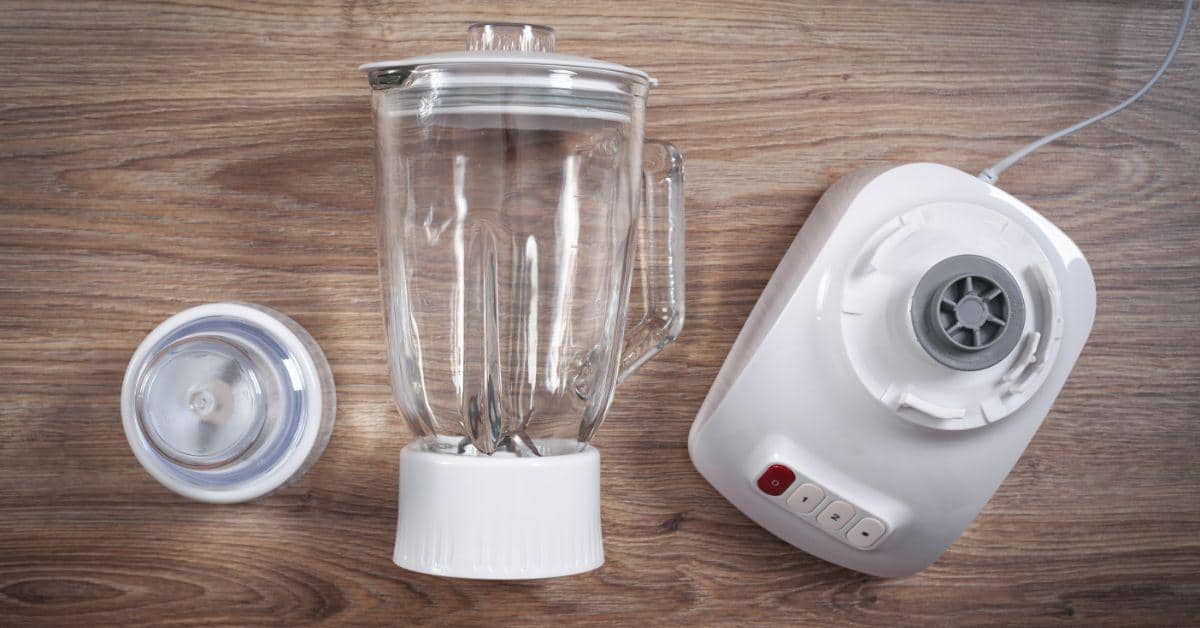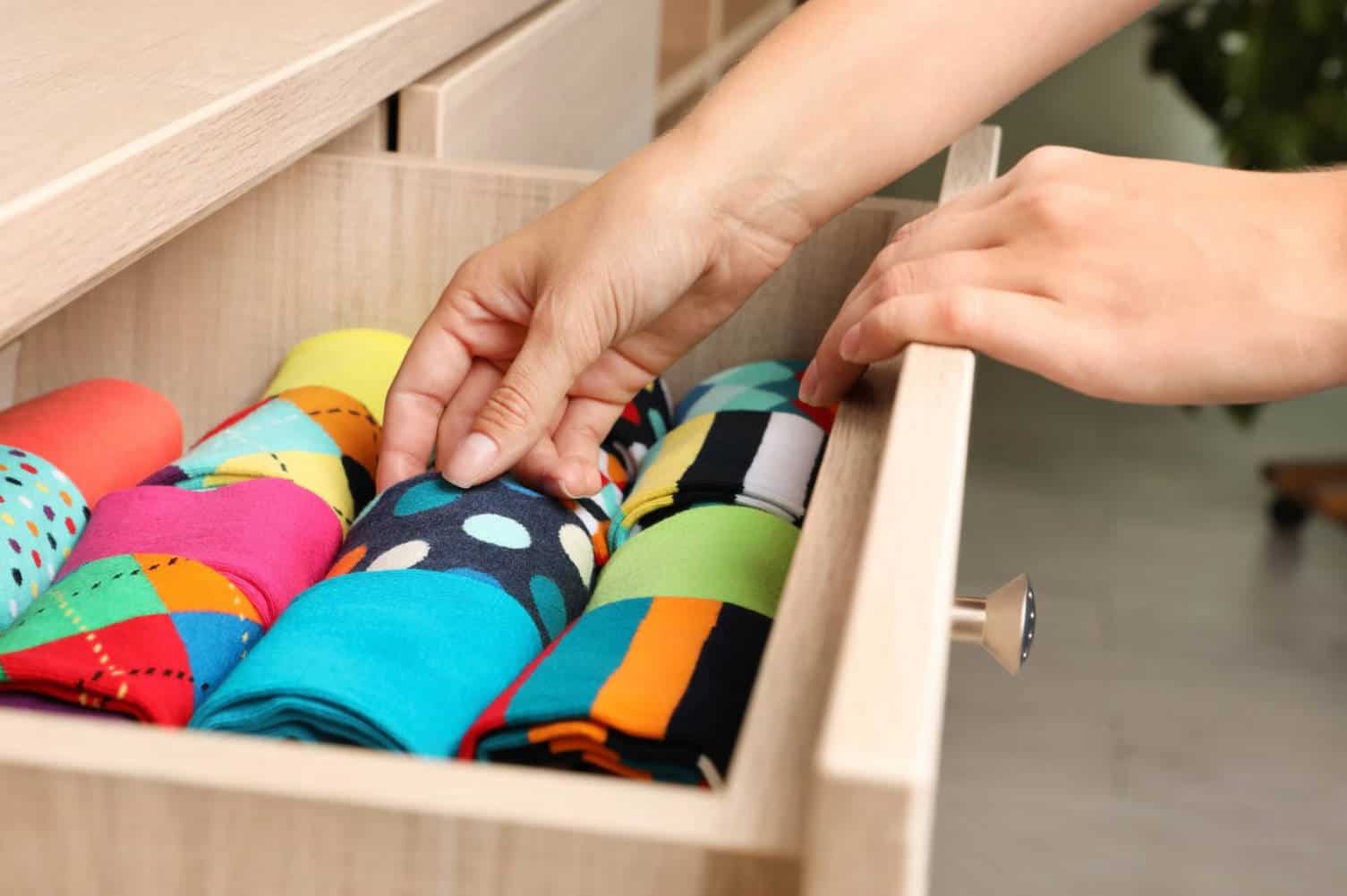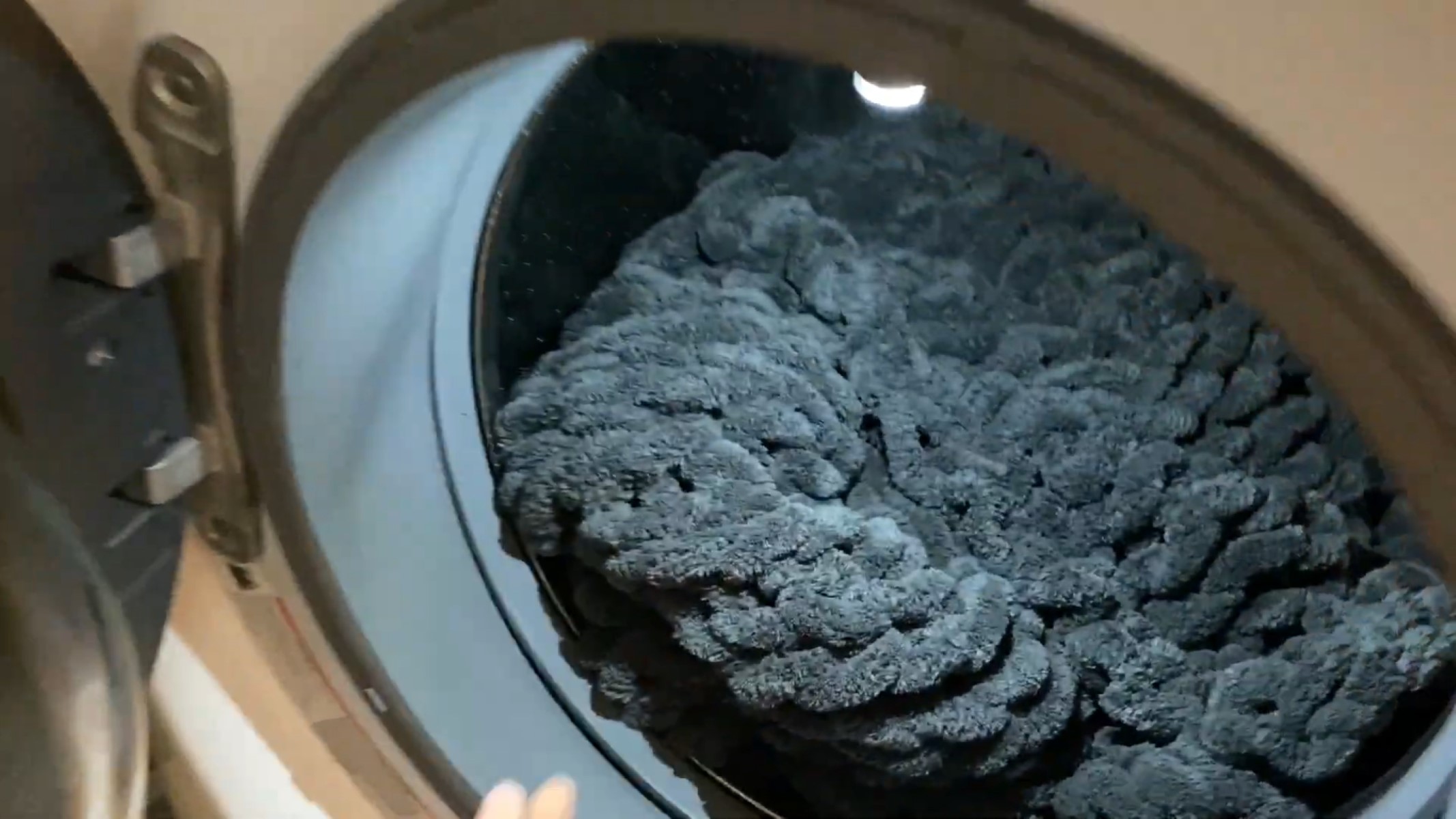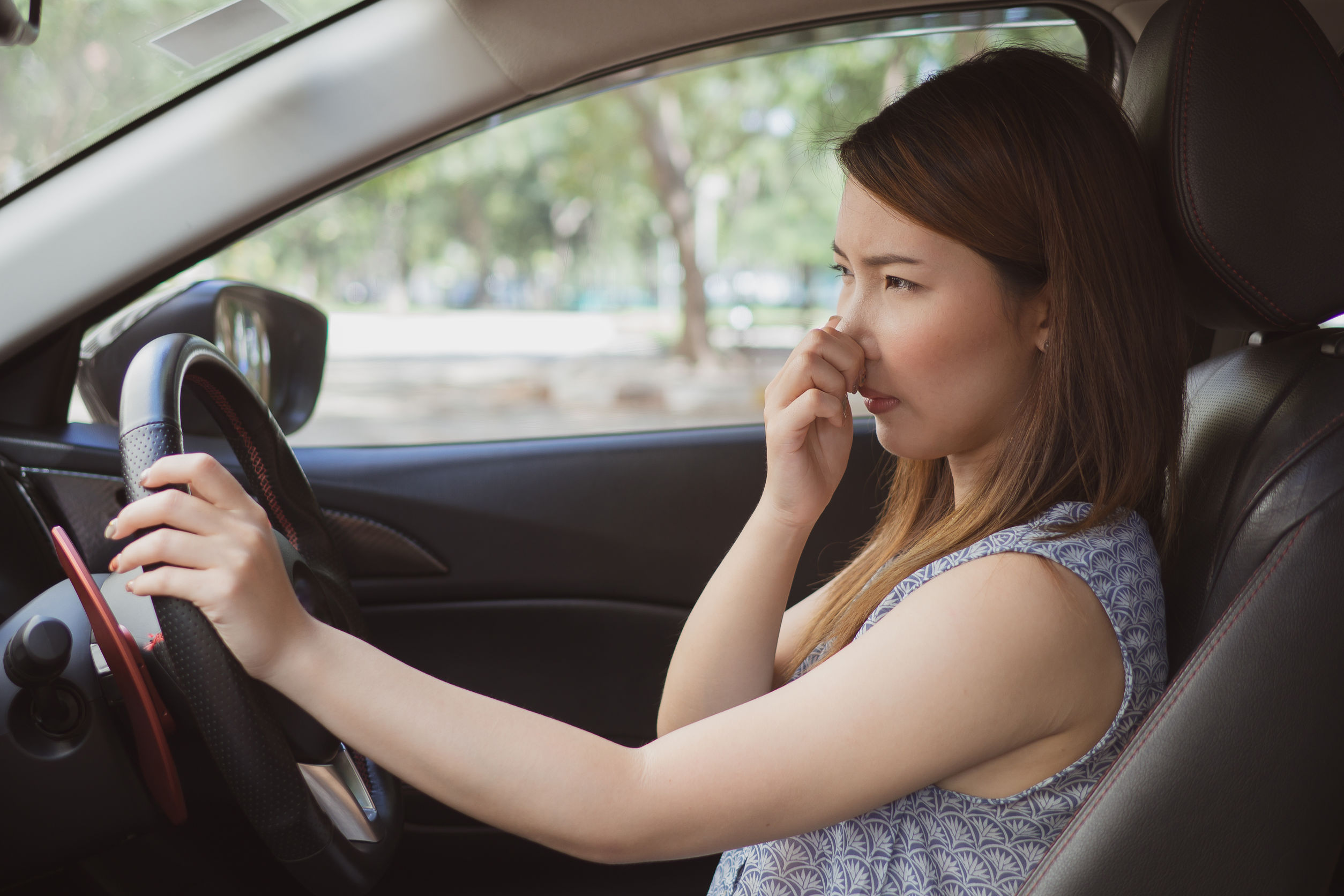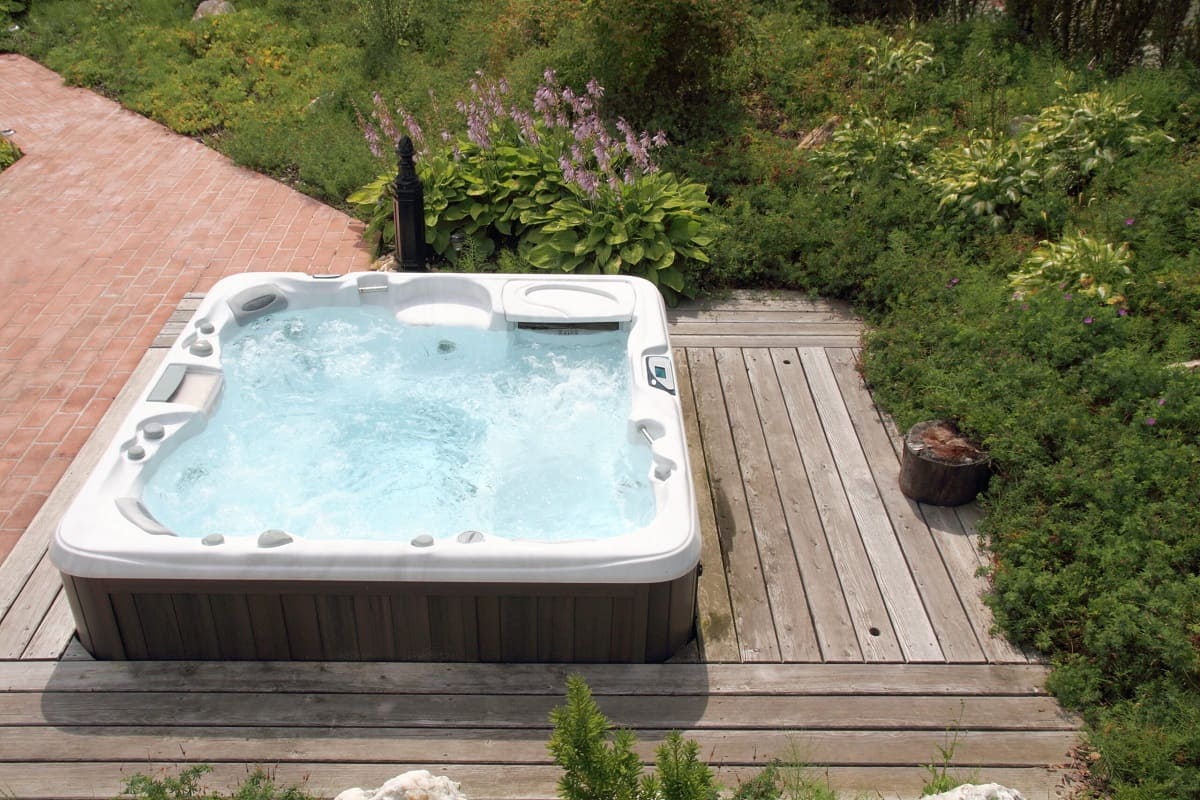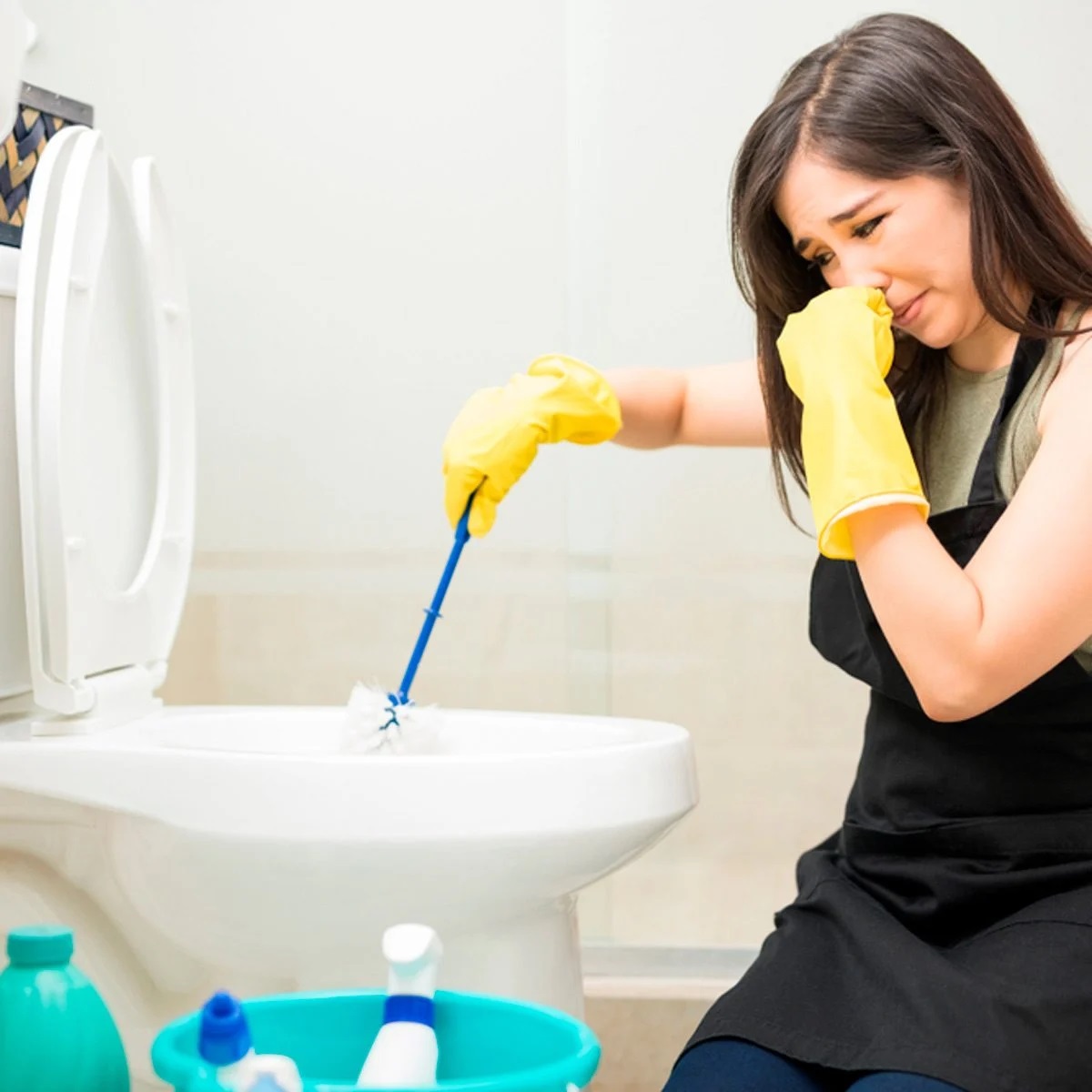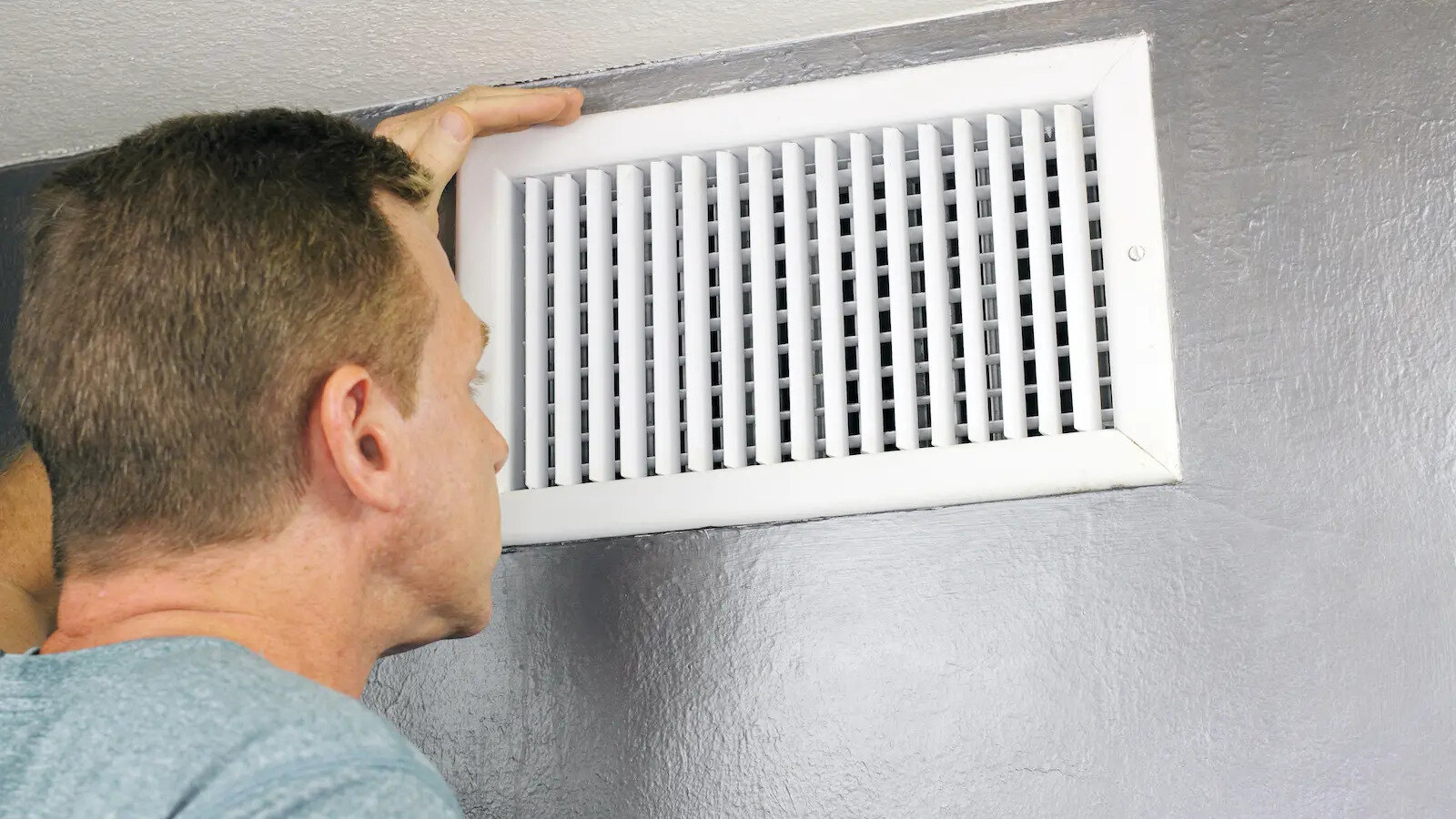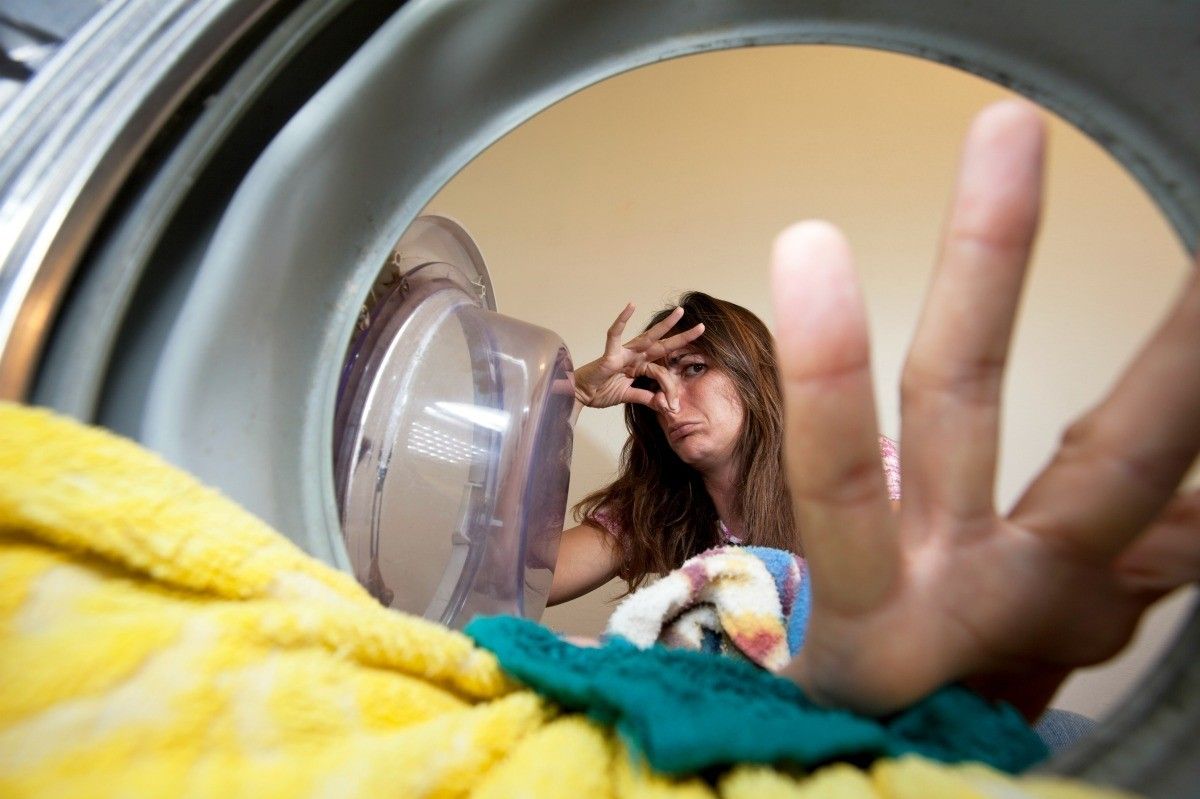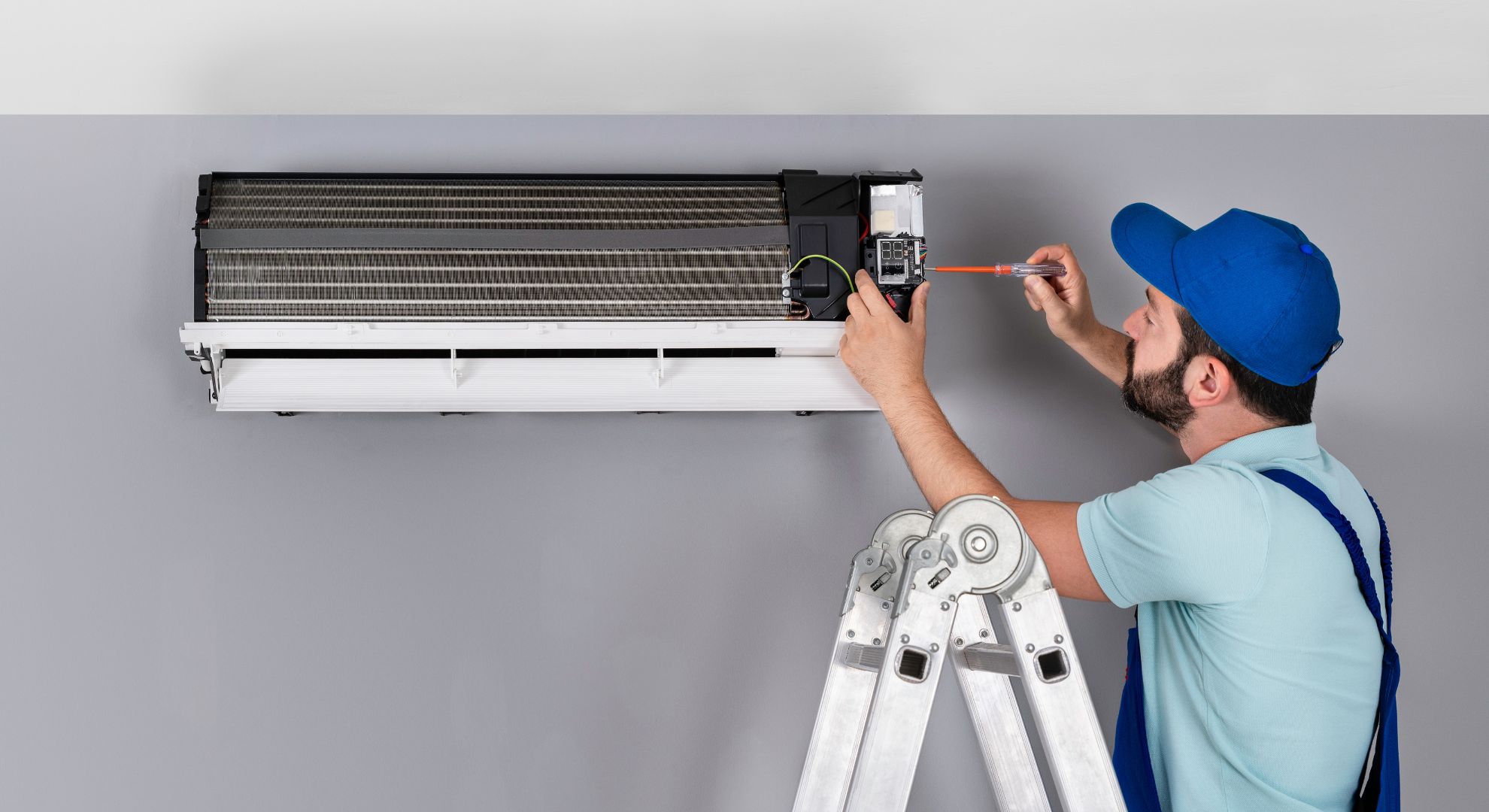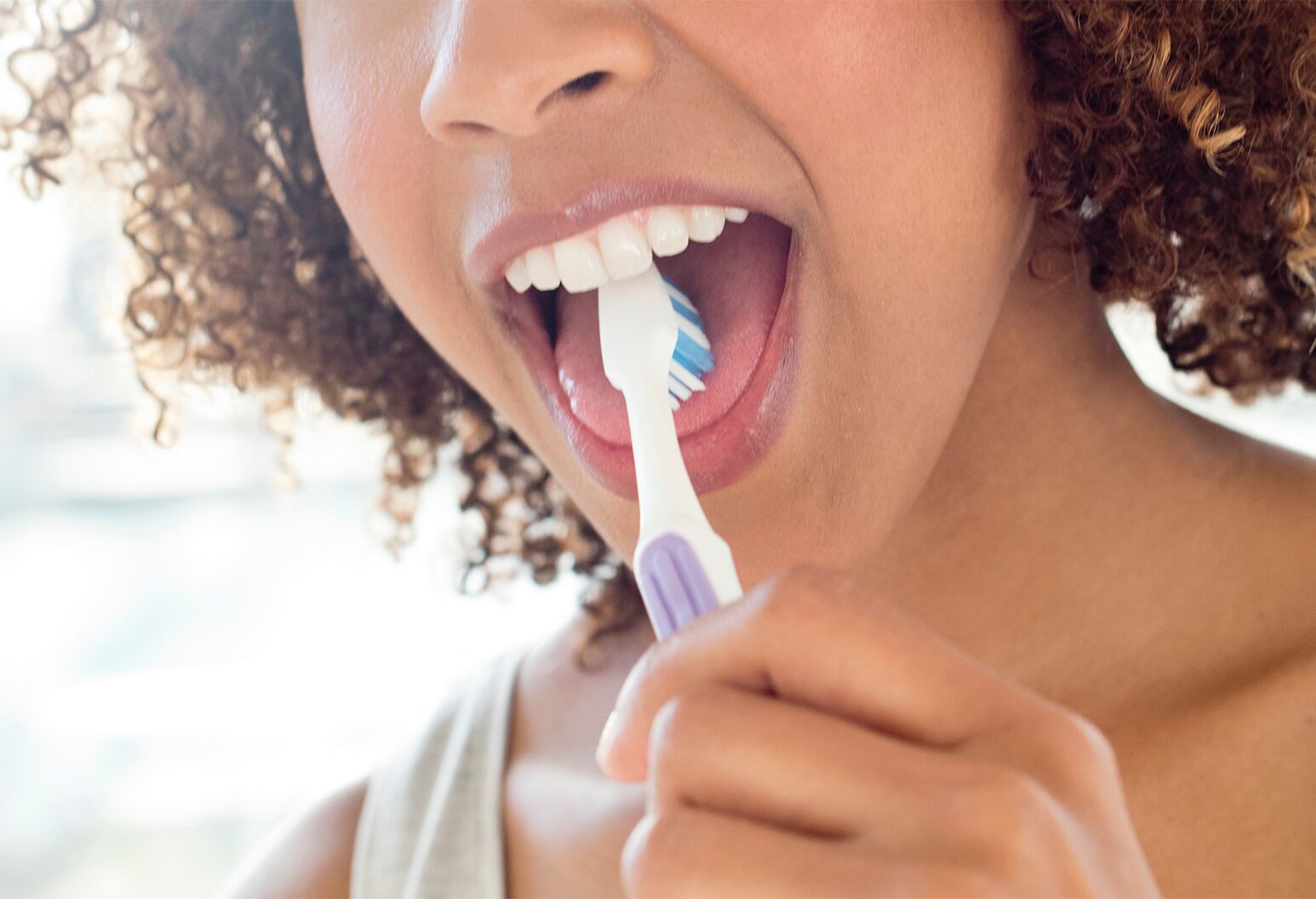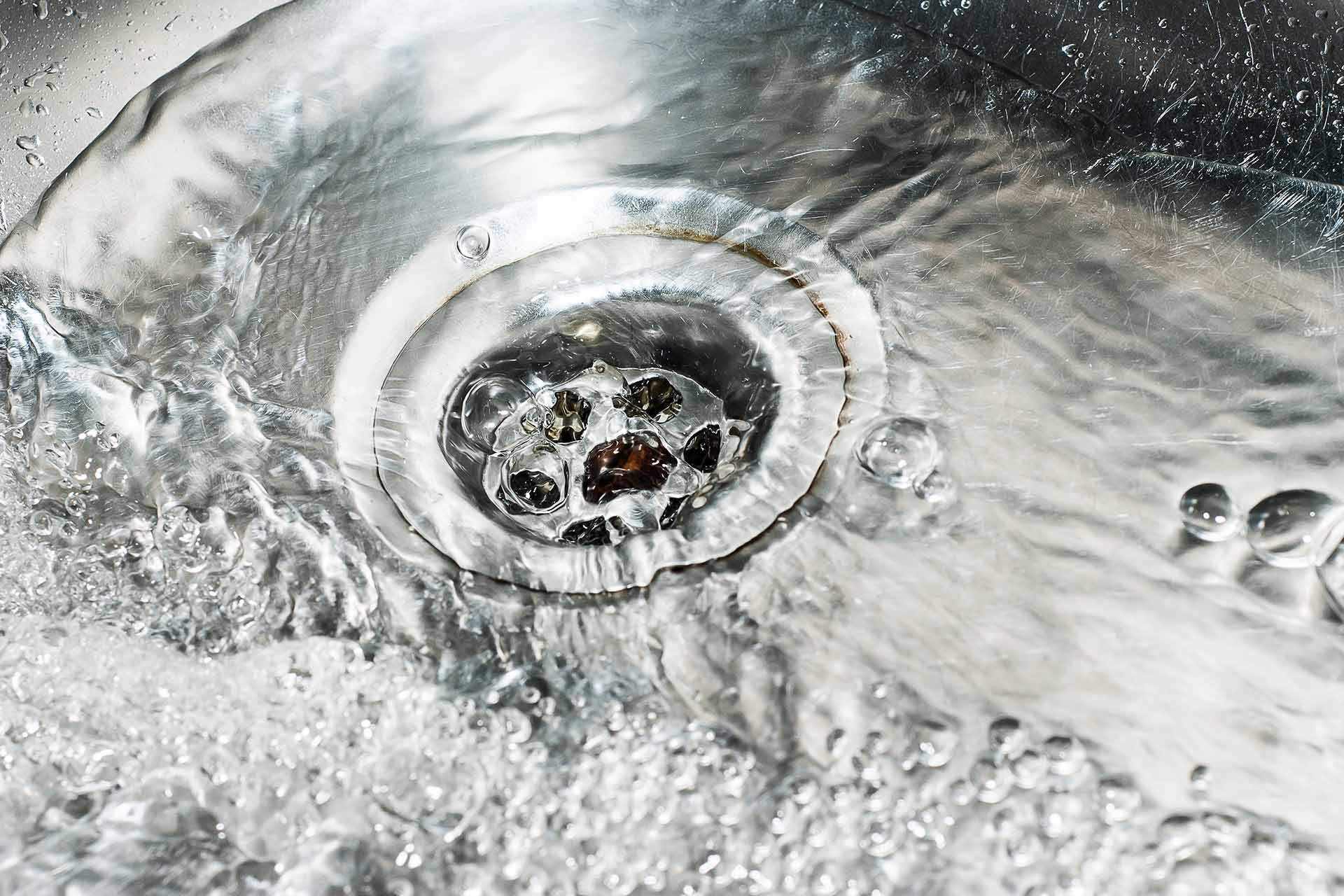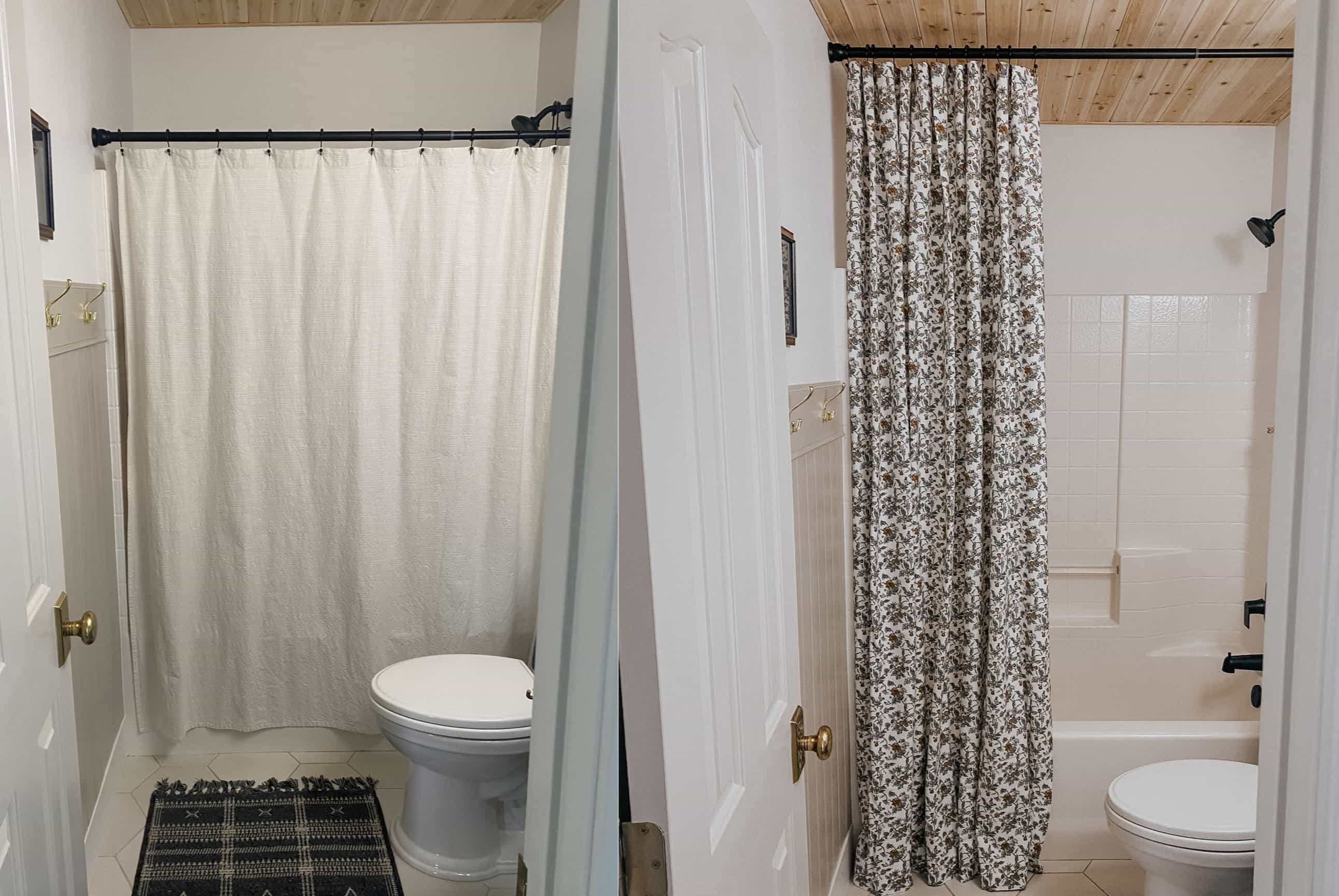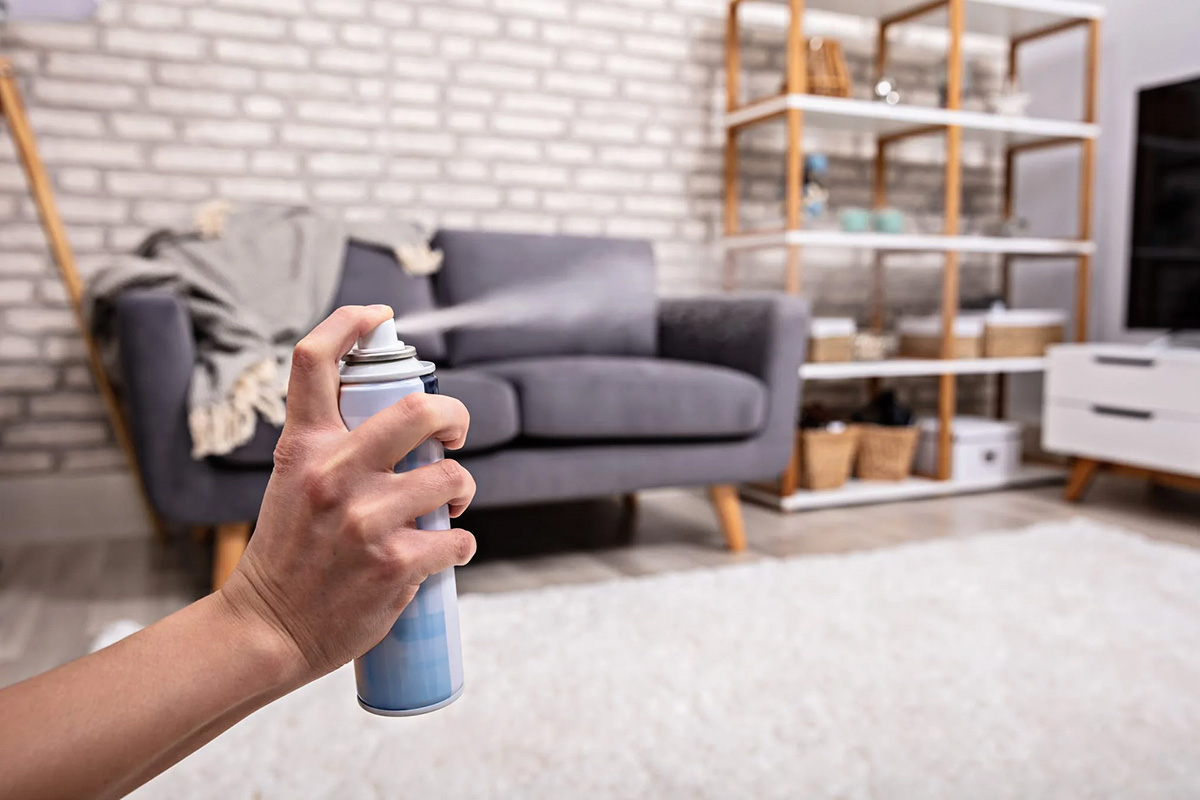

Articles
Why Does My Carpet Smell After Cleaning
Modified: February 25, 2024
Discover why your carpet may still have a lingering odor after cleaning. Read our informative articles for helpful tips on addressing carpet smells.
(Many of the links in this article redirect to a specific reviewed product. Your purchase of these products through affiliate links helps to generate commission for Storables.com, at no extra cost. Learn more)
Introduction
Having a clean and fresh-smelling carpet adds comfort and aesthetic appeal to your home. However, it can be frustrating and disappointing to notice a lingering odor after having your carpet professionally cleaned or attempting to clean it yourself. There are several reasons why your carpet may smell after cleaning, and in this article, we will explore some common causes and provide tips on how to prevent this issue.
It’s important to understand that while carpet cleaning eliminates dirt, stains, and allergens, it can also introduce moisture and residues that contribute to unpleasant odors. Identifying the root cause of the odor is crucial in order to implement effective solutions and maintain a clean and odor-free carpet.
In the following sections, we will delve into the various factors that can lead to carpet odor after cleaning, including residual moisture, improper drying techniques, use of incorrect cleaning products, residue left by previous cleaning methods, inadequate ventilation, presence of mold or mildew, and pet accidents and odors.
By examining each of these factors, we can gain a deeper understanding of why your carpet may still have a smell after cleaning, and more importantly, how to prevent it from happening in the future. Let’s dive in!
Key Takeaways:
- Proper drying techniques, low moisture cleaning methods, and using the correct cleaning products are essential to prevent carpet odor after cleaning. Addressing pet accidents promptly and improving ventilation also contribute to maintaining a fresh-smelling carpet.
- Residual moisture, inadequate ventilation, and the presence of mold or mildew are common causes of carpet odor after cleaning. Implementing preventive measures, such as professional cleaning and regular maintenance, can help eliminate odors and maintain a clean carpet.
Common Causes of Carpet Odor After Cleaning
While professional carpet cleaning or a thorough DIY cleaning can effectively remove dirt and stains, it can sometimes leave behind residual odors. Understanding the common causes of carpet odor after cleaning can help you address the issue effectively. Let’s explore some of these causes:
- Residual Moisture in the Carpet: One of the most common reasons for carpet odor after cleaning is leftover moisture. If the carpet does not dry completely, it creates an ideal environment for mold and bacteria to thrive, leading to unpleasant smells. This can happen due to improper drying techniques or using excessive water during the cleaning process.
- Improper Carpet Drying Techniques: Proper carpet drying techniques are essential to prevent odor. If the carpet is not dried quickly and thoroughly, moisture can seep into the underlying padding or floor, promoting the growth of mold and mildew. Ensure adequate ventilation and use fans or dehumidifiers to speed up the drying process.
- Use of Incorrect Cleaning Products: Using the wrong cleaning products can leave behind residue that emits a foul odor. It’s important to choose cleaning products specifically formulated for carpets and follow the instructions carefully. Avoid using strong chemicals or household cleaners that may contain harsh ingredients.
- Residue Left by Previous Cleaning Methods: If you have previously used DIY carpet cleaning methods or hired inexperienced cleaners, residual cleaning solutions or shampoos may have been left behind. These residues can accumulate over time, attracting dirt and causing unpleasant odors. It’s important to properly rinse the carpet after using any cleaning products.
- Inadequate Ventilation During and After Cleaning: Without proper ventilation, moisture from the cleaning process can get trapped, leading to a musty odor. Open windows, use fans, or run the HVAC system to improve air circulation and aid in drying the carpet effectively.
- Presence of Mold or Mildew in the Carpet: Mold and mildew growth can occur if the carpet remains damp for extended periods or if it was not thoroughly dried after cleaning. These fungal growths release musty odors and pose potential health risks. If you suspect mold or mildew in your carpet, consider hiring a professional to assess and treat the issue.
- Pet Accidents and Odors: If you have pets, accidents happen, and their odors can linger in your carpet. Even if you clean the area promptly, urine or other pet odors can penetrate deep into the carpet fibers or padding. Specialized pet odor removal products or professional pet stain and odor treatments may be necessary.
By understanding these common causes of carpet odor after cleaning, you can take the necessary steps to prevent and eliminate unpleasant smells. Stay tuned for the next sections where we will share tips to help you maintain a fresh and odor-free carpet.
Residual Moisture in the Carpet
One of the primary causes of carpet odor after cleaning is residual moisture that remains trapped within the carpet fibers. If the carpet does not dry completely, it provides an ideal environment for mold, mildew, and bacteria to grow, resulting in unpleasant smells. There are several factors that can contribute to residual moisture in the carpet:
- Excessive Water Usage: Whether you’re using a professional carpet cleaning service or cleaning the carpet yourself, using excessive amounts of water can prolong the drying time. The excess moisture gets soaked into the carpet padding and can lead to mold and mildew growth.
- Improper Extraction: If the cleaning equipment used does not have sufficient suction power or if the extraction process is not thorough, moisture can be left behind in the carpet. This can happen when using rental carpet cleaners or if the cleaning technician rushes through the job.
- High Humidity: High humidity levels in the room can impede the drying process. Moisture in the air slows down evaporation, making it harder for the carpet to dry completely. This is especially common in areas with high humidity or during rainy seasons.
To prevent residual moisture in your carpet and the subsequent odor, it’s important to take appropriate measures:
- Proper Drying Techniques: Ensure proper ventilation in the room by opening windows or using fans to increase air circulation. You can also turn on dehumidifiers to remove excess moisture from the air. Additionally, avoid walking on the carpet until it is completely dry to prevent reabsorbing any moisture into the fibers.
- Choose Low Moisture Cleaning Methods: Consider using low moisture carpet cleaning methods such as dry powder cleaning or encapsulation cleaning. These methods use minimal water and allow for faster drying times, reducing the chances of residual moisture and associated odors.
- Hire Professional Carpet Cleaners: Professional carpet cleaning companies have the proper equipment and expertise to ensure effective cleaning and drying. They use high-powered extraction equipment to remove excess water from the carpet, reducing the risk of residual moisture and odor.
By taking preventive measures and implementing proper drying techniques, you can significantly reduce the chances of residual moisture in your carpet and the subsequent odor. In the next sections, we will explore other common causes of carpet odor after cleaning and provide tips on how to overcome them.
Improper Carpet Drying Techniques
Improper carpet drying techniques can contribute to the development of odor after cleaning. If the carpet is not dried properly and thoroughly, moisture can seep into the underlying padding or the subfloor, creating a breeding ground for mold, mildew, and bacteria. Here are some common mistakes that can lead to improper carpet drying:
- Lack of Adequate Air Circulation: Proper air circulation is essential for drying the carpet effectively. If the room lacks ventilation, the moisture in the carpet will evaporate slowly, prolonging the drying process. Ensure that windows are open, fans are running, or air conditioning is turned on to improve air circulation.
- Insufficient Time Allowed for Drying: Rushing the drying process can leave the carpet damp and prone to odor-causing bacteria. Depending on the climate, the type of carpet, and the cleaning method used, it may take several hours to a day or more for the carpet to dry completely. Allow sufficient time for the carpet to air dry before walking on it or replacing furniture.
- Using Excessive Water or Cleaning Solution: Over-wetting the carpet during the cleaning process can prolong drying time. It’s important to use the appropriate amount of water and cleaning solution recommended for your specific carpet type. Avoid soaking the carpet and focus on targeted cleaning areas.
- Ignoring Carpet Underpadding: The underpadding or foam layer beneath the carpet can absorb a significant amount of moisture. If this layer remains damp, it can emit a musty odor and contribute to the growth of mold and mildew. Ensure proper ventilation and consider using fans to dry the underpadding as well.
- Not Lifting Furniture: Leaving heavy furniture directly on a damp carpet can prevent proper airflow and hinder the drying process. Whenever possible, lift furniture and use furniture pads or blocks to elevate it above the carpet until it is completely dry.
To ensure proper carpet drying and prevent odor, consider implementing the following tips:
- Follow Manufacturer’s Guidelines: Different types of carpets may have specific drying recommendations. Follow the manufacturer’s guidelines provided with your carpet or consult a professional cleaner for advice on the best drying methods.
- Use Fans and Dehumidifiers: Place fans strategically around the room, aiming them at the carpet to accelerate the drying process. Dehumidifiers can also help remove excess moisture from the air, aiding in faster carpet drying.
- Consider Professional Carpet Cleaning: If you’re concerned about improper drying techniques, it may be worth hiring a professional carpet cleaning service. They have the experience, equipment, and knowledge to ensure thorough cleaning and proper drying of your carpets.
By employing proper drying techniques and allowing sufficient time for your carpet to dry, you can minimize the risk of odor and maintain a clean and fresh-smelling carpet. In the next sections, we will discuss other causes of carpet odor after cleaning and provide tips to prevent them.
Use of Incorrect Cleaning Products
The use of incorrect cleaning products is another factor that can contribute to carpet odor after cleaning. Different carpets require specific cleaning solutions that are formulated to effectively remove stains, dirt, and odors without leaving behind residues or causing damage. Using the wrong cleaning products can leave a foul odor on your carpet. Here are some reasons why using incorrect cleaning products can lead to carpet odor:
- Residue Buildup: Certain cleaning products, such as carpet shampoos or foams, can leave behind a residue when not properly rinsed. This residue can attract dirt and other particles, leading to a buildup over time and resulting in an unpleasant smell. It’s important to thoroughly rinse the carpet after using any cleaning product to remove all residue.
- Chemical Reactions: Some cleaning products may contain harsh chemicals that react negatively with the fibers of your carpet. This can result in a chemical-like odor that lingers even after the cleaning process. It’s crucial to use cleaning products specifically designed for carpets and to follow the instructions provided.
- Masking Odors: Certain cleaning products may contain strong fragrances intended to mask odors temporarily. However, these fragrances can mix with existing odors in the carpet, creating an unpleasant combination, or they may fade over time, leaving behind an underlying odor. It’s best to avoid products that simply mask odors and focus on those that effectively remove them.
To prevent odor caused by the use of incorrect cleaning products, follow these tips:
- Read Product Labels: Before using any carpet cleaning product, carefully read the label to ensure it is suitable for your carpet type and addresses your specific cleaning needs. Look for products that are labeled as odor-neutralizing or specifically formulated for odor removal.
- Test in a Small Area: If you’re using a new cleaning product or trying a DIY solution, it’s crucial to test it in a small, inconspicuous area of the carpet before applying it to the entire surface. This will help you determine if the product causes any discoloration or adverse reactions that may result in odor.
- Choose Green or Eco-Friendly Products: Consider using environmentally-friendly, non-toxic cleaning products that are safer for both your family and the environment. These products are often formulated to be gentle and free from harsh chemicals that can contribute to odors.
If you are unsure about the best cleaning products to use for your carpet or if you are dealing with stubborn odors, it is advisable to consult a professional carpet cleaner who can recommend the most suitable products and techniques.
By using the correct cleaning products and following the instructions, you can effectively eliminate odors and ensure a fresh and clean-smelling carpet. In the next sections, we will explore other causes of carpet odor after cleaning and provide tips on how to prevent them.
Read more: Why Does My Duvet Smell
Residue Left by Previous Cleaning Methods
Residue left behind by previous cleaning methods can contribute to carpet odor after cleaning. Over time, if cleaning products or solutions have not been properly rinsed or removed from the carpet fibers, they can accumulate and result in an unpleasant smell. Here are some reasons why residue can cause carpet odor:
- Inadequate Rinsing: If the carpet has not been thoroughly rinsed after using a cleaning product, residue from the product can remain in the carpet fibers. This residue can attract dirt, dust, and other particles, leading to a buildup over time. The accumulation of this residue can contribute to a persistent odor in the carpet.
- Previous Cleaning Solutions: If you’ve used DIY carpet cleaning solutions or hired inexperienced cleaners in the past, the products they used may not have been effectively rinsed out. This residue can interact with new cleaning products, causing a chemical reaction and resulting in an unpleasant odor.
- Incompatibility of Cleaning Products: Different cleaning products may contain ingredients that are not compatible with each other. When these products are used consecutively or without proper rinsing in between, they can react and leave behind a residue that emits an unpleasant odor.
To prevent carpet odor caused by residue left by previous cleaning methods, consider the following tips:
- Deep Cleaning: If you suspect residue buildup from previous cleaning methods, consider hiring a professional carpet cleaner to perform a deep cleaning. These professionals have the expertise and equipment to thoroughly remove residue and deep-set dirt, eliminating the source of the odor.
- Proper Rinsing: When cleaning your carpet, always ensure that you rinse it thoroughly to remove any cleaning solution or product residue. Use clean water or follow the instructions on the cleaning product for proper rinsing techniques. Pay close attention to areas with significant residue buildup, such as high-traffic areas or spots previously treated with DIY solutions.
- Consult Professionals: If you’re unsure about the best approach to remove residue or if you’re dealing with stubborn odors, consult a professional carpet cleaning service. They have the knowledge and experience to assess the situation and provide the most effective solution for your specific carpet type.
By addressing residue left by previous cleaning methods and ensuring thorough rinsing, you can eliminate the source of odor and enjoy a fresh and clean carpet. In the next sections, we will explore other causes of carpet odor after cleaning and provide tips on how to prevent them.
After cleaning your carpet, make sure it is completely dry before walking on it or placing furniture back on top. Moisture can lead to mold and mildew, causing unpleasant odors. Use fans or open windows to speed up the drying process.
Inadequate Ventilation During and After Cleaning
Inadequate ventilation during and after the carpet cleaning process can contribute to carpet odor. Proper air circulation is essential for drying the carpet effectively and preventing the accumulation of moisture and trapped odors. Here are some reasons why inadequate ventilation can lead to carpet odor:
- Moisture Trapped in the Air: Without proper ventilation, moisture from the cleaning process can remain trapped in the air, prolonging the drying time of the carpet. This trapped moisture provides a conducive environment for mold, mildew, and bacteria to flourish, resulting in musty odors.
- Lack of Fresh Air Exchange: A lack of fresh air exchange can cause stale odors to linger in the room. The trapped odors can be absorbed by the carpet, making it difficult to eliminate the smell even after cleaning.
- Humidity Accumulation: Without adequate ventilation, humidity can accumulate in the room during and after carpet cleaning. High humidity levels slow down the evaporation process, prolonging the drying time of the carpet and increasing the risk of mold and mildew growth.
To ensure proper ventilation during and after carpet cleaning, consider implementing the following tips:
- Open Windows and Doors: Open windows and doors to allow fresh air to circulate during the cleaning process. This helps remove moisture and odors from the room, facilitating faster drying of the carpet.
- Use Fans and HVAC System: Place fans strategically in the room to improve air circulation and aid in drying the carpet. Additionally, running the HVAC system can help remove excess humidity from the air, speeding up the drying process.
- Use Dehumidifiers: If the room is particularly humid, consider using a dehumidifier to remove excess moisture from the air. This can help prevent mold and mildew growth and minimize odors.
- Follow Recommended Drying Time: Different cleaning methods and carpet types may have specific drying time recommendations. It’s important to follow these recommendations to ensure that the carpet is given sufficient time to dry completely.
By ensuring adequate ventilation during and after carpet cleaning, you can minimize moisture accumulation, prevent odor-causing bacteria and mold growth, and maintain a fresh and odor-free carpet. In the next sections, we will explore other causes of carpet odor after cleaning and provide tips on how to prevent them.
Presence of Mold or Mildew in the Carpet
The presence of mold or mildew in the carpet is a significant cause of carpet odor after cleaning. Mold and mildew thrive in damp and humid environments, and if the carpet does not dry properly or if it was wet for an extended period of time, it creates the ideal conditions for their growth. Here are some reasons why mold or mildew may be present in your carpet:
- Excessive Moisture: If the carpet is not properly dried after cleaning or if it gets wet due to a water leak or flood, moisture can become trapped in the fibers and padding. This provides a breeding ground for mold and mildew to grow and spread, resulting in a musty odor.
- Poor Ventilation: Inadequate ventilation can impede the drying process and create a humid environment. Without proper air circulation, moisture can linger in the carpet, promoting mold and mildew growth and contributing to the development of odor.
- Delayed Cleaning: If a wet carpet is not cleaned and dried promptly after an accidental spill or pet accident, mold or mildew growth can occur. The longer the carpet remains wet, the greater the chances of mold and mildew taking hold.
To address the presence of mold or mildew in your carpet and eliminate the odor, consider the following steps:
- Professional Inspection: If you suspect mold or mildew in your carpet, it is recommended to seek professional assistance. A certified mold remediation specialist can inspect the carpet, identify any mold or mildew growth, and provide recommendations for remediation.
- Thoroughly Dry the Carpet: Ensure that the carpet is completely dry. Use fans, dehumidifiers, and open windows to improve air circulation and speed up the drying process. Consider using a moisture meter to verify that the carpet is adequately dry before reintroducing furniture or walking on it.
- Deep Cleaning: In severe cases of mold or mildew growth, professional carpet cleaning with specialized anti-microbial treatments may be necessary. These treatments can effectively kill the mold and mildew spores, eliminating the odor-causing elements.
- Address Underlying Issues: If the source of moisture is not resolved, mold and mildew growth may persist even after cleaning the carpet. Identify and address the underlying issues, such as fixing water leaks, improving ventilation, or addressing excessive humidity in the room.
It is important to take mold or mildew growth in your carpet seriously as it can pose health risks and lead to further damage if left untreated. If you suspect mold or mildew, it is recommended to consult a professional for proper assessment and remediation.
By addressing mold or mildew growth in your carpet and implementing preventive measures, you can eliminate the odor and create a healthier environment. In the next sections, we will discuss other common causes of carpet odor after cleaning and provide tips on how to prevent them.
Pet Accidents and Odors
Pets are beloved members of our households, but their accidents can contribute to carpet odor after cleaning. Urine, feces, and other pet odors can penetrate deep into the carpet fibers and padding, making it challenging to eliminate the smell completely. Here are some reasons why pet accidents can lead to carpet odor:
- Deep Penetration: When a pet accident occurs, the urine or feces can seep deep into the carpet fibers and padding. This penetration allows the odor-causing substances to linger even after surface cleaning.
- Reactive Odor: The chemical components in animal urine can react with the carpet fibers and create a persistent and pungent odor. These odorous compounds can be difficult to remove with regular cleaning methods.
- Repeat Accidents: If a pet repeatedly has accidents in the same area, the odor can become ingrained in the carpet, making it more challenging to eliminate. The repeated soiling can result in a buildup of odor-causing bacteria and compounds.
To address pet accidents and eliminate the associated odor, consider the following tips:
- Address Accidents Promptly: Act quickly when a pet accident occurs. Blot the affected area with paper towels or a clean cloth to absorb as much of the liquid as possible. Avoid rubbing the area, as it can spread the stain and odor.
- Pet-Friendly Cleaning Products: Use specialized pet odor-neutralizing cleaning products that are formulated to break down pet urine and feces enzymes. These products are designed to neutralize the odor rather than mask it, effectively eliminating the source of the smell.
- Deep Cleaning: For more severe cases, consider deep cleaning the carpet using steam cleaning or hiring a professional carpet cleaning service. These methods can help remove deep-set pet odors and bacteria from the carpet fibers and padding.
- Address Underlying Issues: If your pet continues to have accidents in the same area, it’s important to address any underlying issues. Consult with a veterinarian or animal behaviorist to identify potential causes, such as health issues or training problems.
- Prevent Future Accidents: Thoroughly clean any previous accident spots to remove all traces of odor. Additionally, use pet deterrent sprays or place barriers to prevent your pet from accessing previously soiled areas. Regularly clean and maintain your pet’s litter boxes or designated potty areas to minimize the chance of accidents on the carpet.
Recognizing and addressing pet accidents promptly and effectively can help prevent lingering odors in your carpet. By implementing proper cleaning methods and taking preventive measures, you can maintain a fresh and odor-free carpet. In the next sections, we will explore preventative tips to help you keep your carpet smelling clean after future cleanings.
Read more: Why Does My HVAC Smell
Tips to Prevent Carpet Odor After Cleaning
To maintain a fresh and odor-free carpet after cleaning, it’s essential to implement preventive measures. By following these tips, you can minimize the chances of carpet odor and enjoy a clean and pleasant-smelling carpet:
- Proper Drying: Ensure thorough and proper drying of the carpet after cleaning. Use fans, open windows, or run the HVAC system to improve air circulation and aid in the drying process. Avoid walking on the carpet until it is completely dry to prevent reabsorbing any moisture or odors.
- Choose Professional Carpet Cleaning: Consider hiring a professional carpet cleaning service. Professionals have the experience, knowledge, and specialized equipment to perform thorough cleaning and ensure effective drying, minimizing the risk of residual moisture and subsequent odor.
- Use Low Moisture Cleaning Methods: Opt for low moisture carpet cleaning methods, such as dry powder cleaning or encapsulation cleaning. These methods use minimal water and allow for faster drying times, reducing the chances of residual moisture and associated odors.
- Select the Right Cleaning Products: Choose cleaning products that are specifically formulated for your carpet type and address your cleaning needs. Avoid using harsh chemicals or household cleaners that can leave behind residue or cause reactions with the carpet fibers.
- Thoroughly Rinse the Carpet: After applying any cleaning product, ensure that you thoroughly rinse the carpet to remove all residue. Proper rinsing eliminates potential sources of odor-causing bacteria and prevents residue buildup over time.
- Address Pet Accidents Promptly: If you have pets, attend to any accidents promptly. Blot the area and clean it using pet-friendly odor-neutralizing cleaning products. Also, consider professional pet odor treatments to effectively eliminate pet odors from the carpet.
- Maintain Regular Cleaning: Regularly vacuum your carpet to remove dirt, dust, and debris that can contribute to unpleasant odors. A clean carpet is less likely to develop odor-causing buildup over time.
- Improve Ventilation: Ensure proper ventilation during and after the cleaning process. Open windows, use fans, or run the HVAC system to improve air circulation and prevent moisture from becoming trapped in the room.
- Address Underlying Issues: If you suspect mold or mildew growth, water leaks, or excessive humidity in the room, address these issues promptly. Fix leaks, improve ventilation, or use dehumidifiers to create an environment less conducive to odor-causing bacterial growth.
By following these tips, you can prevent carpet odor after cleaning and maintain a fresh and pleasant-smelling carpet. A combination of proper cleaning techniques, preventive measures, and regular maintenance will help keep your carpet in optimal condition. Remember, if you encounter persistent odor or mold issues, it’s best to consult a professional carpet cleaning company to address the problem effectively.
Implement these preventative tips and enjoy the benefits of a clean, fresh-smelling carpet in your home!
Conclusion
Having a clean and odor-free carpet adds comfort and enhances the overall ambiance of your home. However, it can be frustrating when your carpet still has a lingering smell after a cleaning. By understanding the common causes of carpet odor and implementing preventive measures, you can ensure a fresh and pleasant-smelling carpet every time you clean.
Residual moisture in the carpet can lead to mold, mildew, and bacterial growth, resulting in unpleasant odors. It is crucial to properly dry the carpet using adequate ventilation, fans, and dehumidifiers. Additionally, using the correct cleaning products and thoroughly rinsing the carpet can prevent residue buildup and chemical reactions that contribute to odor.
Other factors such as inadequate ventilation, the presence of mold or mildew, and pet accidents can also cause carpet odor. Addressing these issues promptly and taking the necessary steps to clean and eliminate odors will help maintain a fresh and clean carpet.
To prevent carpet odor after cleaning, consider choosing professional carpet cleaning services for thorough cleaning and effective drying. Opt for low moisture cleaning methods, use pet-friendly cleaning products for accidents, and maintain regular cleaning and maintenance routines.
Ultimately, proper cleaning techniques, thorough drying, appropriate product choices, and addressing underlying issues will help you maintain a fresh and odor-free carpet. By following these tips, you can enjoy a clean and inviting environment in your home for years to come.
Frequently Asked Questions about Why Does My Carpet Smell After Cleaning
Was this page helpful?
At Storables.com, we guarantee accurate and reliable information. Our content, validated by Expert Board Contributors, is crafted following stringent Editorial Policies. We're committed to providing you with well-researched, expert-backed insights for all your informational needs.
